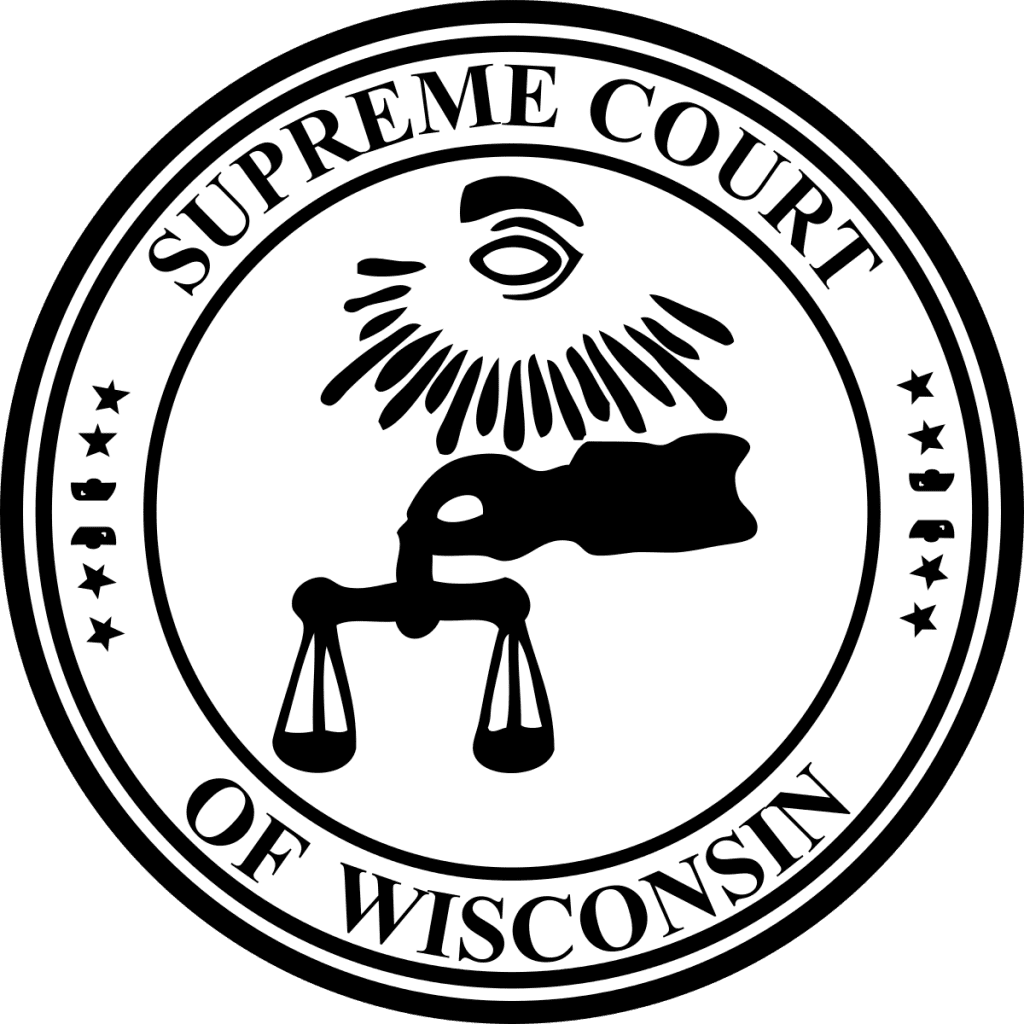What the Supreme Court’s Ruling Means to Lake Organizations
New webinar will tackle lake organizations and COVID-19 after WI Legislature v Palm
JOIN US FOR A SPECIAL WEBINAR DISCUSSING THESE AND OTHER ASPECTS OF LAKE ORGANIZATIONS AND COVID-19 IN THE WAKE OF THE SUPREME COURT’S DECISION ~ THIS THURSDAY, MAY 21 AT 4PM

Last week, the WI Supreme Court ruled in favor of the Legislature and ended Governor Evers’ emergency orders in regards to public gatherings and COVID-19. What does this mean as far as meetings of your lake organization?
First, it should be said that the orders were terminated based on the opinion of the Court regarding the law, not because the underlying health situation has necessarily changed. While opinions differ as to how to react to the presence of COVID-19 in our communities, it is no less out there after the Supreme Court decision than it was before.
So what does that all mean?

What the Court held was that the Dept of Health Services does not have the authority to issue directives during a pandemic without going through the Legislature first and it is unclear whether the Legislature would approve further statewide stay at home orders.
Some counties, especially those that already had a fairly high number of cases, implemented their own orders. Most counties simply followed Governor Evers’ original “Safer at Home” and “Bounce Back” plan of reopening, though a handful then rescinded those orders under concerns they lacked the authority to implement them.
From the perspective of lake organizations, therefore, nothing legally, except perhaps in certain counties, would prevent the holding of in-person meetings, effective immediately. But again, what the legal realm allows does not always fit the real world and other considerations are justifiably giving some organizations pause before bringing everyone together again.
One reason is that many health experts are telling us that to prevent the spread of COVID-19 we still need to practice social distancing (keeping individuals at least 6-feet apart, limiting gatherings to small groups, wearing masks, etc) and those at high-risk to the virus should remain sequestered. While social distancing alone doesn’t preclude an in-person meeting (some organizations are planning on an outdoor get together for more room, for example), doing so may remain difficult. In addition, lake organizations should consider whether attendance will be held down by the pandemic as some people won’t want to meet in large groups, might not attend because they are part of a high-risk group, or perhaps don’t feel they should travel a long distance to attend a meeting.
Beyond this though, concerns are surfacing about potential liability should meeting attendees get sick. While it is possible that lake districts, as units of government, have some built in immunity from lawsuits (though we are not sure that’s ever been tested in court) and even non-profit lake associations have some statutory liability protections, we do know that some insurers are already modifying their policies such that they will not cover COVID-19 related claims.
What all this comes down to is what the Supreme Court’s decision ultimately requires of us. It made each of us – as individuals and lake organizations – the ones who need to decide how we protect ourselves and our members and when we come together again in person. There is no one answer to that question, and a lake district with a defined annual meeting date needing to pass a budget may arrive at a different answer than a lake association with no big decisions for their annual meeting.
Wisconsin Lakes still recommends waiting where feasible, carefully considering where Wisconsin and your area is in relation to the Badger Bounce Back opening criteria or the recommendations of health officials, and taking into account the health and safety of those who would attend and how an in person meeting might inhibit them from being able to do so.
WI Lakes Executive Director Michael Engleson and UW-Extension Lakes Program Director Eric Olson will be discussing these issues and more this Thursday, May 21, 2020 during a new webinar, “Lake Organizations and COVID-19: Post WI Legislature v Palm. Register here as space is limited.

